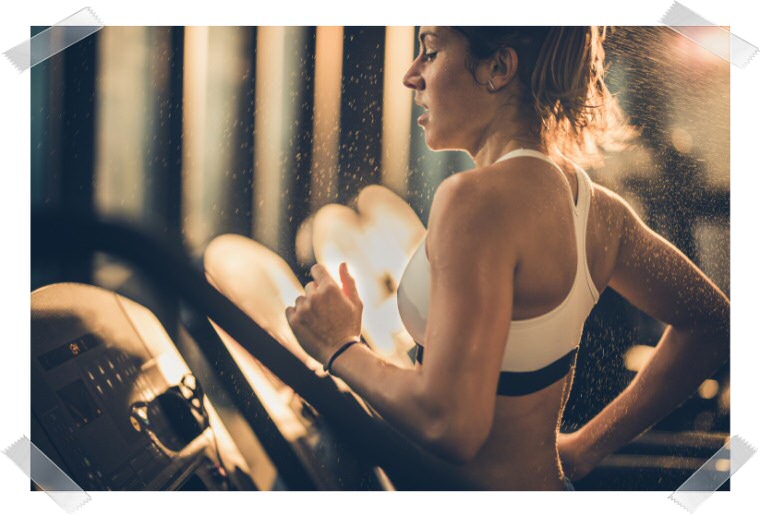Water is life*
Our bodies are estimated to be about 60-70 % water. Blood is mostly water, so are our muscles, lungs. Brains as well contain a lot of water. Water is needed to regulate body temperature and to provide the means for nutrients to travel to all our organs. It also transports oxygen to our cells, removes waste, and protects our joints and organs.
When we exercise, we build up heat in working muscles causing our internal temperatures to rise. During hard exercise, your muscles can generate 20 times more heat than when you are at rest. We cool ourselves by perspiring. It is this evaporation of sweat from our skin that helps us maintain a lower core body temperature.
Why water?
Avoid dehydration and keep your kidneys functioning well by assisting in the elimination of waste products, plus help to increase your metabolism — that in turn helps you to lose weight.
When there is a lot of moisture in the air, evaporation isn’t an effective cooling means and we keep sweating and losing fluids in order to try and stay comfortable. If you did not sweat, you could cook yourself to death. A body temperature higher than 106°F damages the cells. At 107.6°F, cell protein coagulates (like egg whites do when they cook), and the cell dies. This is one serious reason why you shouldn’t push yourself beyond your limits in very hot weather. As a result we have to drink more water to replenish this fluid lost in the form of sweat.

The first drawback to dehydration is diminished performance. If you continue to exercise without proper fluid intake, you may experience a drop in blood pressure; feel faint, dizzy or nauseous. These are the symptoms of heat exhaustion. If you keep going, your body’s ability to dissipate heat is further impaired and you may suffer a heat stroke.
Symptoms of mild dehydration include chronic pains in joints and muscles, lower back pain, headaches, and constipation. A strong odor to your urine, along with a yellow or amber color suggests that you are not getting enough water.
Drink a glass of water every 15-20 minutes during your workout. This may sound like a lot, but it is necessary to keep you hydrated. If you can’t drink that much water at once, take smaller amounts every ten minutes. Seemingly tough at first, once you schedule it into your regular training routine, you will quickly adapt to having fluid in your stomach. In fact, the fuller your stomach is, the faster it will empty. Gastric emptying is greatly influenced by its volume. Emptying rate decreases exponentially as fluid volume is depleted. Therefore, an effective way to speed up gastric emptying is by maintaining high fluid volumes in the stomach.
After exercise, drink water to quench your thirst, and then drink even more. If you weigh yourself before and after your workout, drink 16 ounces of water for every pound of weight you lose after exercise.
Tip
Coffee and alcohol are diuretics, which means they increase the excretion of water from bodies. So if you drink coffee or alcohol, you should drink also somewhat an equal amount of water.
*) That phrase comes probably from the Dune trilogy written by Frank Herbert.